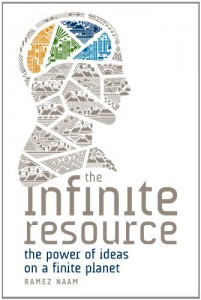DIY Tech Explored In Free The Network
Institute for Ethics & Emerging Technologies

At the beginning of the Occupy Wall Street protests in New York City, Motherboard TV uncovered an unlikely hero in the thicket of the protest’s confusion. Meet Issac Wilder, the founder of The Free Network Foundation, a mesh networking system that allowed demonstrators access to free internet—that is until Zuccotti Park was ransacked and the Freedom Tower was confiscated and destroyed. See how DIY tech is influencing the state of modern day protesting and protecting our privacy in this video. Protests around the world, or even neighborhood networks will continue to be utilized and evolved as long as governments try to restrict people’s access to the internet in times of great need. This video takes a look at DIY mesh networks during the Occupy movement several years ago. We should see mesh networks pop up around the world during times of protest as this technology evolves.
Continue reading “Berto Jongman: Wireless Mesh Networking — Design for Freedom”





